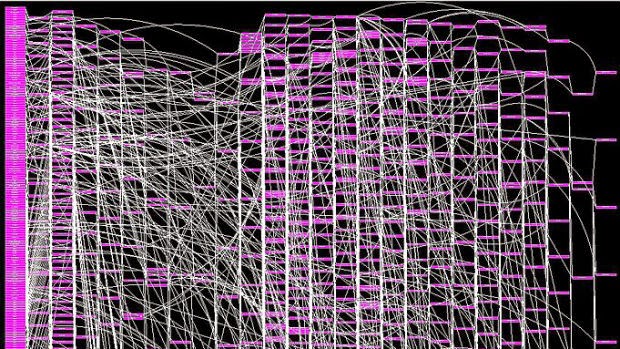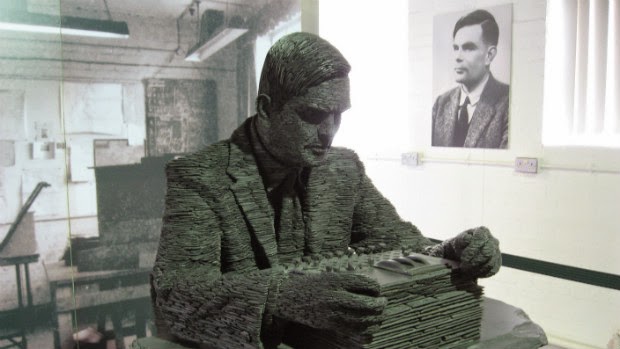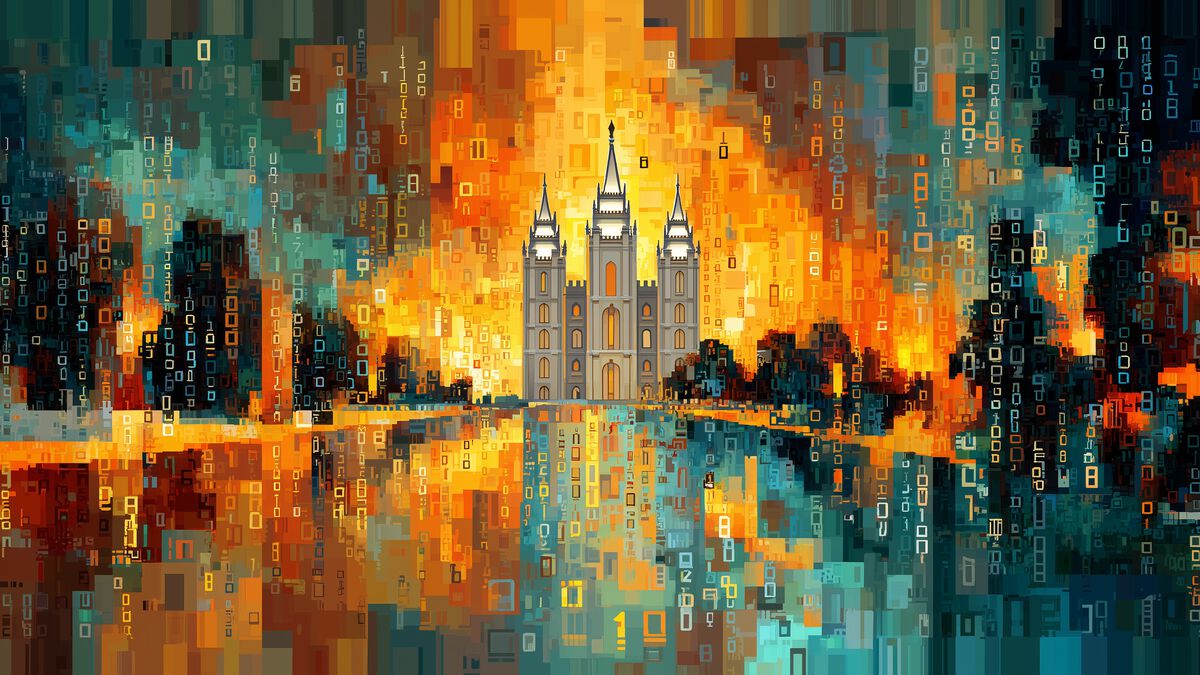Simulation Argument
The Simulation Argument suggests that advanced computation may enable the creation of detailed simulations containing emulated conscious entities. If such simulations are possible, statistical reasoning indicates that it's likely we are already living in a simulated reality. This idea hinges on the advancement of computational technology to a level where simulating entire histories with conscious beings is feasible. This perspective prompts a reevaluation of the nature of our existence, considering it as potentially one among many computed realities.
This is a list of articles that Lincoln Cannon has written about the Simulation Argument. A full archive of all articles that Lincoln has published since 2005 is also available. You may also search for articles and other content that's available on any of Lincoln's websites.
-

Still Insane for Believing the Simulation Hypothesis
A decade ago, Blake Ostler called me insane for believing in the Simulation Hypothesis. Today, a friend brought to my attention that Blake recently doubled-down on that characterization, in an episode of an Exploring Mormon Thought podcast, asserting that people like me “have serious problems in assessing reality.” My response? ... -

You Should Hope You're Living in a Computed World
Celebrity technologist Elon Musk recently suggested that we may be living in a computer simulation. Of course this made technology news headlines around the world. And of course many articles have rushed to reassure their readers that Elon’s suggestion is “outlandish”. Outlandish or not, however, Elon suggested something far more ... -

Review of Your Digital Afterlives by Eric Steinhart
It took me two years to read the 216 pages in Eric Steinhart’s book, Your Digital Afterlives: Computational Theories of Life after Death. Friends know that’s because I’m the world’s slowest reader of philosophical texts that interest me – and just about any text that interests me seems to become ... -

Are We Living in a Family History Simulation?
Last time I posted, we imagined that one of the things we might do with vast computing resources in the future is run highly detailed family history simulations, to the point of enabling the characters with artificial intelligence and fully immersive consciousness. If something like $150 could purchase more computing ... -

Living in an undecidable halting problem of evil?
For some computer programs, we can know in advance how they will run, when they will stop, and what results they will return. However, there are other computer programs that are undecidable halting problems: we cannot know, without actually running them, whether they will ever stop running, let alone what ... -

Sam Harris Asks, Should We Be Mormons in the Matrix?
In a recent post to his blog, Sam Harris asks, “Should we be Mormons in the Matrix?” Sam is (in)famous for his atheism and anti-religiosity. He has authored bestselling books The End of Faith and Letter to a Christian Nation. And he has commented in the past that “Mormonism is ... -

The Big Bang from Posthuman Computers in Black Holes?
A friend asked for my opinion on what came before the big bang. I’m not a physicist or cosmologist, but I read enough to have (dangerous) opinions that might provoke imagination in productive directions. With that disclaimer, here are my thoughts. First, maybe there wasn’t a big bang. Clearly, scientific ... -

Generalized Simulation Argument
I’ve written time and again about the Simulation Argument, particularly as formulated by Oxford philosopher Nick Bostrom. Here’s one way to express the gist of the argument: Simulation Argument – Either (A) we’re almost certainly living in an ancestor simulation, or (B) we’ll almost certainly never create many ancestor simulations. ... -

The Universe IS the Neohuman
I’ve mentioned before, but want to make more explicit here, the idea that there seems to be no reason to distinguish between a computed world and the neohuman (or posthuman) computing it. As the Simulation Argument goes, if ever we create a significant number of computed worlds then we are ... -

Are you part of the NeverEnding Story?
For family home evening, we watched the movie, NeverEnding Story. It’s the one from the ’80s with a boy who discovers, while reading a book, that he’s creating a wondrous fantasy world. I remember enjoying the movie as a child. But I didn’t recognize at the time how the story ... -

Simulation Argument and Synthetic Worlds without End
The Simulation Argument has been getting a lot of attention since being referenced by the New York Times. Writing for the Daily Galaxy, Rebecca Sato asks, could our lives be a cosmic computer simulation? She concludes with these words: “… our designer might be another virtual being living inside the ... -

Are you living in worlds without end?
As recently reported by the Register and Slashdot, the United States military is using powerful computers to run increasingly detailed simulations of our world. While this is interesting for many reasons, it may be yet more thought-provoking when one considers this in context of the Simulation Argument. In his paper, ...